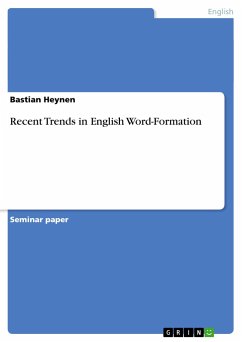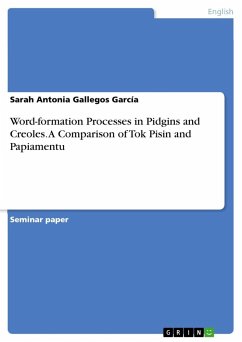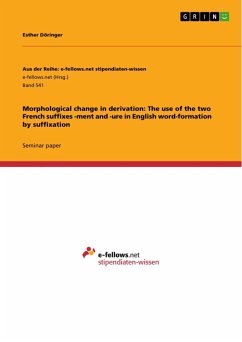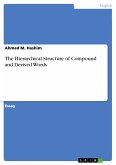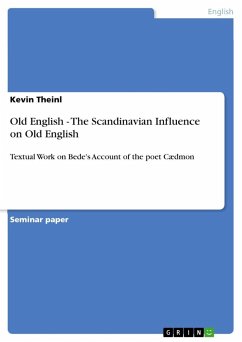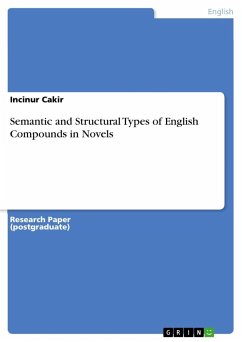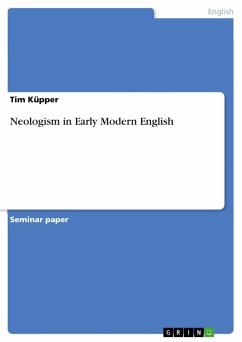Seminar paper from the year 2008 in the subject English Language and Literature Studies - Linguistics, grade: 1.0, University of Dusseldorf "Heinrich Heine" (English Linguistics), course: English Word-Formation, language: English, abstract: This paper will discuss recent trends in English word formation. To elaborate on the subject it starts to define what word formation is and how it fits into morphology, the part of linguistics dealing with words and their basic units. In the first part it will discuss basic terms and promote the necessary understanding of word analysis. We will discuss what productivity is and what constitutes a new word. Included is also a short introduction in the theory of the lexicon, where the so called lexemes are stored.The second part will go on with the introduction of recent neologisms that I found interesting, using the circumstance to discuss the basic patterns of word formation. It is not a complete list of recent neologisms, nor is it a statistical analysis of corpora. I will elaborate on certain aspects of word formation patterns with chosen examples. Most neologisms dealt with in this paper can be found in Maxwell (2006); few exceptions can be found the internet. We will also look for irregularities and ask ourselves whether there are any cases in which new words refer to old words.In the last part of the paper I will have a look at the sources of word formation. Are there any fields in which new words are especially frequent? Are those fields easy to distinguish from each other? Why are these fields important?The intention of this paper is to give a summary of recent development concerning new words and what such a development might mean to us.

